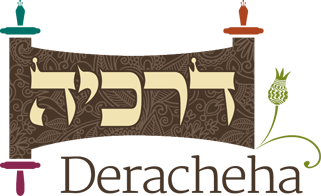| ♥ 0 |
Are there any leniencies to the laws of tzniut in public (including dress, hair covering and kol isha) when no Jewish men are pesent? Do the laws of tzniut apply when in the presence of non-Jewish men as well?
Marked as spam
|
|
Private answer
This question gets to the heart of halachic discussions of a woman’s obligations in tzeniut. We’ve discussed at length here how tzeniut can be taken in a narrow, more physically-oriented halachic sense, or in a broader, conceptual sense as a core principle respecting one’s dignity, honor, and boundaries that should animate all Jews’ conduct at all time. Even when there is a gap between our personal conception of tzeniut and more narrow halachic requirements, broader halachic conceptualizations of tzeniut should influence our conduct. Technically speaking, non-Jewish men are obligated by the prohibition against forbidden relations, but not in many related halachot that apply to Jewish men. But it’s not clear to what extent, if any, this should affect others’ conduct or self- presentation around them. For example, Rav Ephraim Greenblatt rules (Rivevot Ephraim 5:491) that non-Jewish men are not subject to the edict of kol isha, so that Jewish women need not be concerned on that account about singing before them. That gives women more choices about singing in the presence of non-Jewish men than in the presence of Jewish men. At the same time, that does not provide license for a Jew of any gender to sing before Jews or non-Jews in a manner not aligned with broader considerations of tzeniut. Head-covering entails an independent, Torah-level obligation on women. For both head-covering and clothing, Dat Yehudit, the tzeniut practices of the Jewish woman, have halachic force. To learn more about these, please see here and here. Dat Yehudit remains in place in the presence of non-Jewish men. It is typically more relaxed in private or in the presence only of other women, in large part because the definition of dignified self-presentation can differ in these contexts. This may leave some room for being more relaxed about tzeniut when someone comes into the home than when in public, but it is hard to say that the operative difference here should depend on a technical difference between Jew and non-Jew. See more Q&A here. Marked as spam
|

